A woman living in a new London apartment complex with cladding similar to that used on Grenfell Tower has been told that the market value of her £475,000 home has plunged to just £50,000.
"It is like someone has taken away our life choices, our freedom," said Mary Tlick (not her real name), 32, after hiring a surveyor to value her property in the 11-block riverfront complex, New Capital Quay in Greenwich (pictured), built by developer Galliard Homes.
"And nobody is doing anything about it," she told newspaper The Guardian, reportedly in tears.
"I don’t sleep at night. I wake up most nights for a few hours and I write emails to people I think that can help," said Tlick, who hired the surveyor as a step toward putting her home up for sale to move her family out of London to a bigger home.
Tlick and her husband have a two-year-old son and she was due to give birth to her second child on the weekend.
She has become the human face of a dispute between the developer of the near 1,000-home NCQ, Galliard Homes, and the body that approved and insured the complex, the industry-backed National House Building Council (NHBC).
The bill to replace the aluminium composite material (ACM) panels on NCQ, completed in 2014, has been estimated at up to $40m.
As reported in The Times, Galliard, which owns the freehold on the properties, has blamed NHBC for approving the unsafe cladding, while the NHBC accused Galliard of failing to provide the necessary information to assess the claim.
NCQ is believed to be the largest private development found to have flammable cladding similar to that used on Grenfell Tower, west London, which erupted in flames in June 2017, killing 71. There are more than 100 others around the country.
Tlick said she is not alone at NCQ. "All ongoing sales in the development have fallen through," she told the Guardian. "Banks are not lending to potential buyers and provide valuations of zero for flats in our development."
Residents are on edge as fire wardens perform 24-hour patrols at NCQ because of the cladding, which is costing £1.25m a year, according to the charity Leasehold Knowledge Partnership, which advises leaseholders on their rights over cladding and other issues.
Fears spiked recently when fire engines raced to the complex in response to an alarm, which turned out to be false, according to an NCQ residents pressure group that has formed.
"I can’t move very fast," said Tlick, calling her home a death trap. "What would happen if my husband was away one night? We are on the seventh floor. What if if I was there with my son and new baby and all the people were at the stairs and I couldn’t get out?"
She has contacted the UK’s housing minister, Dominic Raab, but has received no response.
"I don’t think he cares about ordinary people," she said.
Government data show 301 blocks over 18 metres tall have Grenfell-type cladding, of which 130 are in the private sector and 13 are hospitals or schools. Of the public buildings, only seven have had their cladding replaced so far.
A spokesman for the Ministry of Housing, Communities and Local Government told the Guardian: "We have made clear that we want to see private sector landlords follow the lead of the social sector and not pass on the costs of essential cladding replacement to leaseholders.
"We are keeping the situation under review and ministers are meeting industry representatives shortly to discuss this."
Campaigners said the cladding was causing financial ruin for homeowners.
"The blight caused by Grenfell is national and the government doesn’t seem tobe too bothered about that. So far, what we have heard from Greenwich and Croydon is just the tip of the iceberg," said Martin Boyd, a trustee at Leasehold Knowledge Partnership.
- This article was edited on 11 March 2020 to remove some personal information
Image: New Capital Quay, on the banks of the Thames at Greenwich, London, has nearly 1,000 apartments (Galliard Homes)
Comments
Comments are closed.





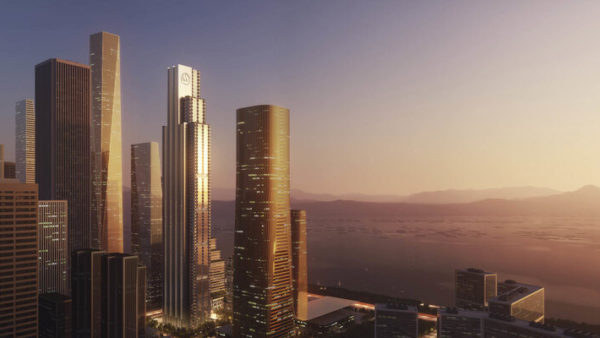
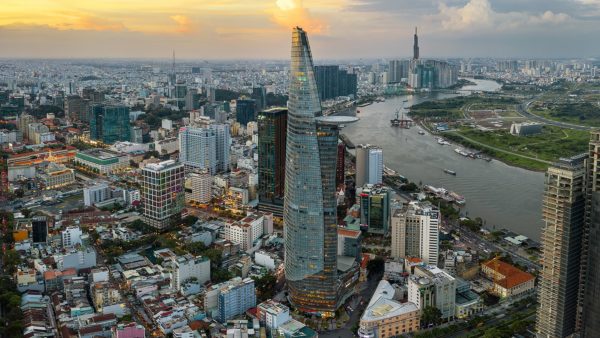
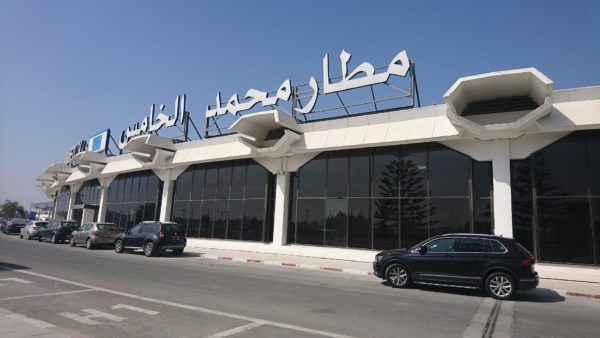
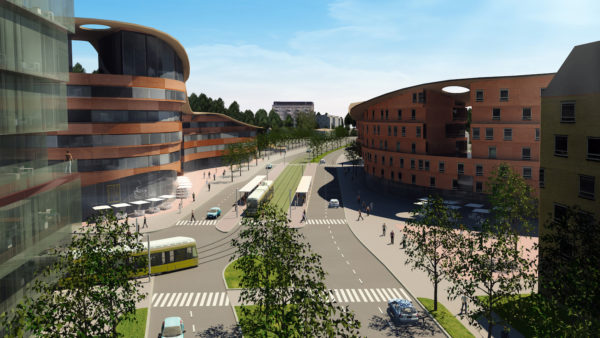
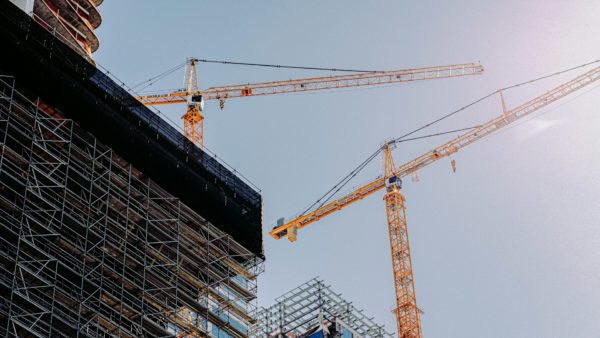
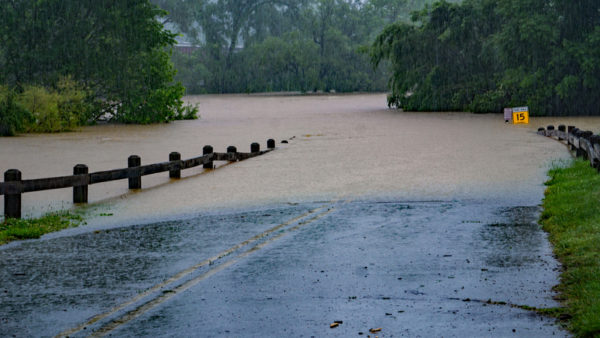
Property values can come down substantially if buyers become aware of dangerous materials having been used in buildings construction. Buyers should be aware but then how to get the details especially if one is not the original buyer? Are the developers obliged to provide information if requested by any buyer or ans subsequent prospective buyers? What does the law state?
Hope GCR can provide guidance.
[Gursharan Singh CMIIA – Trainer-Auditor in Malaysia]